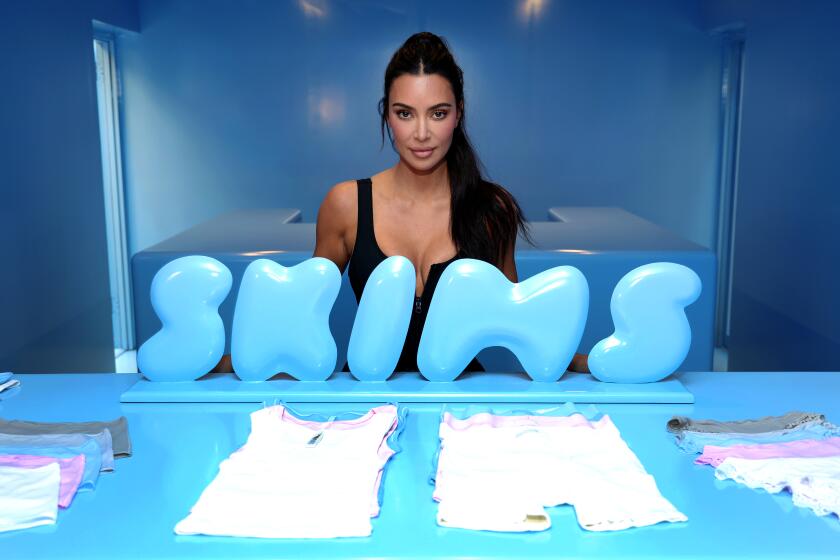A ‘certified’ way to screen out lemons
In the last 15 years, “certified pre-owned” vehicles have wedged their way into the secondhand market; last year, 1.6 million were sold in the U.S. But is the label anything more than a fancy way to say “used”?
So-called CPO cars are typically no more than six or seven years old and have relatively low mileage. They carry extended warranties and have been inspected by the dealer to conform to a factory checklist, and any necessary repairs and upgrades are made. “You’re buying a screened car,” says Phil Reed of Edmunds.com. “It’s basically a cream puff.”
According to Brian Beatt, director of sales for Rusnak Group in Pasadena, which sells Mercedes, BMW, Volvo, Audi and other luxury brands, the dealership puts $1,000 to $3,000 into each car it certifies. “We make a big investment in these cars,” he says.
The average CPO vehicle costs about $1,680 more than a comparable one that isn’t certified, according to a 2006 J.D. Power & Associates report. But experts say that not all CPOs are alike, and, depending on your needs, they aren’t always the best option. “At the end of the day, what you’re buying is the warranty,” says Rob Gentile, a used-car specialist at Consumer Reports.
Certified warranties vary widely from brand to brand. BMW, for example, extends coverage to six years or 100,000 miles from the date the car was sold new, while Dodge offers only a three-month or 3,000-mile extension from the date the certified car was purchased.
So, Gentile says, it’s important to compare the certified warranty coverage with standard extended warranties, with the overall price in mind. In many cases, he says, it’s a better deal to purchase a non-certified car and simply buy an extended warranty, either from the dealer or on the Internet (a Google search will turn up dozens of warranty options).
Still, for buyers who want to feel as if they’re driving a new car without paying full price, certified cars can be a great opportunity. The emergence of certified cars is closely tied to the growth of the new-car lease market, and a large percentage of CPOs are cars that have just come off a lease, which means they are generally only two or three years old.
Lately, Rusnak’s Beatt says, manufacturers have been urging dealers to certify as many used cars as possible, because they command higher prices and bring increased sales of parts and service through the extended warranty coverage.
The result is that on many car lots, certified used cars are increasingly the rule. According to Beatt, at a typical new-car dealership, 60% to 80% of that brand’s used cars are certified. GM recently announced it would put its entire certified used inventory on EBay.
The success of certified programs has not gone unnoticed by independent used-car dealers -- those that sell only used cars -- and some have introduced in-house certification programs. Be warned, though, that these aren’t factory programs, and the warranties are generally not good for service at a franchise dealership.
Even with factory-certified used cars, experts say, it’s worth checking to make sure the car is in as good a shape as promised. Ask to see a copy of the inspection sheet, which should detail the entire inspection process and indicate any repairs made.
And even if the inspection sheet looks good, Gentile says, ask to have the car looked at by your own mechanic. “Certification is no guarantee a car won’t have problems,” he says.






